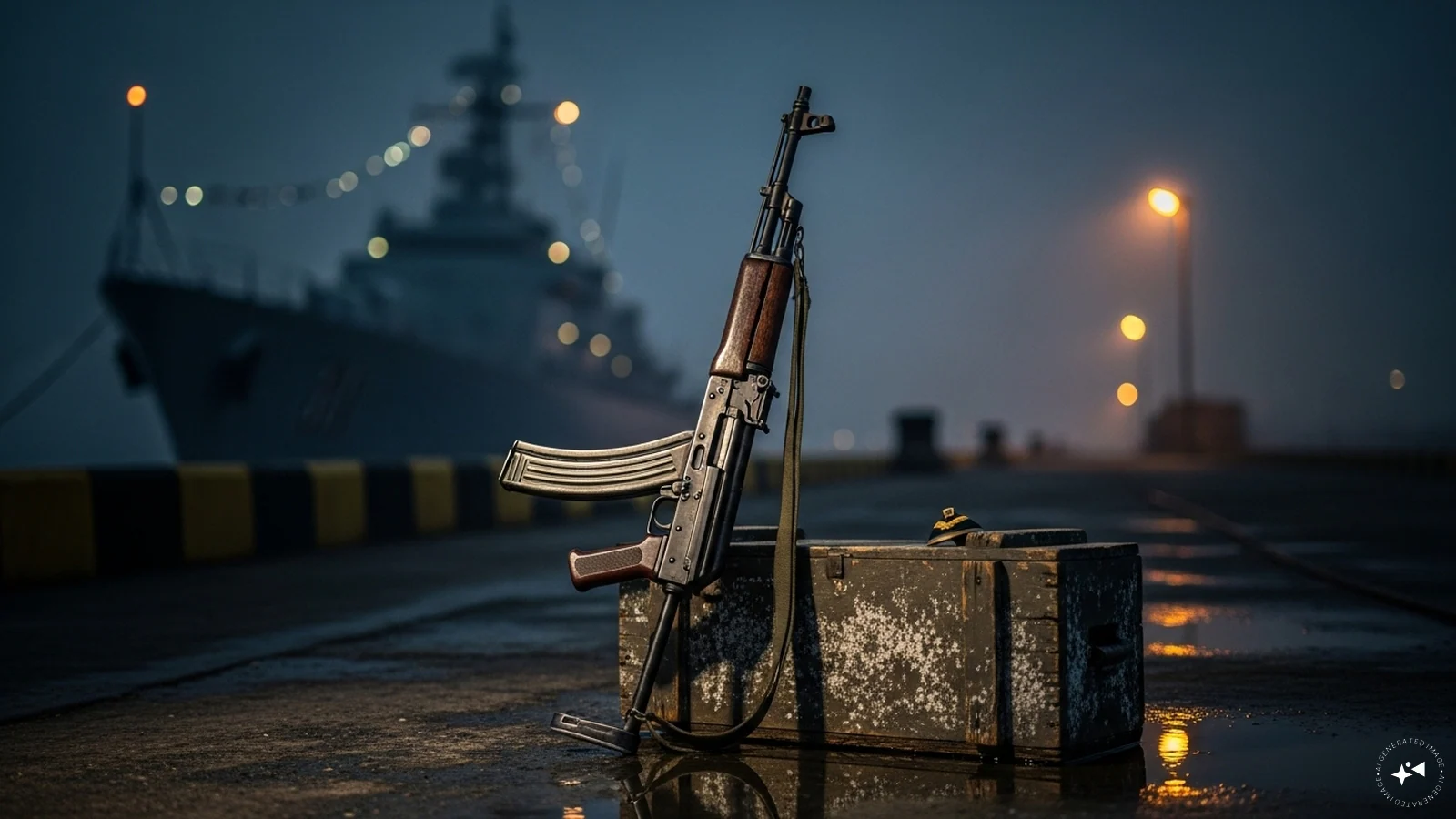Pakistan Pitches ‘Islamic NATO’ At Qatar Summit After Israel Strikes Hamas| A Dream Or Delusion?
By Yuvraj Tyagi
Copyright timesnownews

Israel’s unprecedented strikes on Qatari soil, which killed at least five Hamas members, jolted the Arab and Islamic world into urgent diplomacy this week. In response, more than 40 nations convened in Doha for an emergency summit aimed at formulating a collective stance against Tel Aviv’s actions. The gathering brought together leaders, ministers and security chiefs who sought not only to condemn Israel’s operations but also to explore more permanent mechanisms of joint defence. Pakistan’s Bold Proposal: An ‘Islamic NATO’ At the centre of the Doha deliberations was a bold Pakistani initiative: the creation of a NATO-style military alliance for the Muslim world. Prime Minister Shehbaz Sharif and Foreign Minister Ishaq Dar spearheaded the push, presenting Islamabad as both willing and capable of providing leadership. With its nuclear arsenal, a sizeable military, and a seat at the UN Security Council, Pakistan projected itself as the natural anchor for what was termed an “Arab Islamic Task Force.” Dar warned that the world’s nearly two billion Muslims were looking to the summit for a “clear roadmap,” while Sharif assured Saudi Crown Prince Mohammed bin Salman and other heavyweights that Pakistan was prepared to commit tangible resources. Turkey’s presence lent the Pakistani proposal additional weight. President Recep Tayyip Erdoğan used his address to accuse Israel of “greedy and bloodthirsty” attacks, striking a chord with several attendees. While Ankara stopped short of advocating a direct military confrontation, its support for collective economic and political retaliation against Israel bolstered the sense that momentum was building behind Pakistan’s idea. Given Turkey’s status as a member of the U.S.-led NATO, its backing introduces both credibility and complexity to Pakistan’s proposal. Implications for India: Kashmir and Israel Factor For India, the spectre of an “Islamic NATO” raises strategic alarms. For decades, Islamabad has attempted to use platforms such as the Organisation of Islamic Cooperation (OIC) to internationalise the Kashmir issue. Ankara has increasingly aligned itself with this position, supplying military hardware and even personnel support to Pakistan during the four-day conflict with India. If Pakistan and Turkey were to enshrine their partnership in a formalised military pact, where an attack on one member would constitute an attack on all, the stakes for New Delhi would escalate sharply. Complicating matters further is India’s strategic partnership with Israel. With defence imports worth more than $2 billion annually, coupled with expanding cooperation in energy and technology, New Delhi has entrenched itself as one of Tel Aviv’s closest partners in Asia. Should an Islamic bloc emerge with Israel as its common adversary, India could find itself under diplomatic strain, forced to reconcile its ties with the Arab world and its security relationship with Israel. Balancing Realities: Arab States’ Caution Yet, the Doha summit also revealed the limits of Pakistan’s ambition. Key powers such as Saudi Arabia, the UAE, and Egypt—despite their anger at Israel—are deeply invested in strategic and economic relations with India. Their reluctance to jeopardise growing partnerships with New Delhi, or risk destabilising ties with the West, suggests that Pakistan’s proposal may remain aspirational rather than actionable. In reality, the “Islamic NATO” talk was fuelled as much by outrage over Israeli strikes as by concrete planning for a joint military structure. For now, the “Islamic NATO” remains more a dream than a reality. But the assertiveness with which Pakistan presented it ensures that India—and the wider world—cannot afford to dismiss the concept as mere rhetoric.



